Ethica AI - Ethical Decision-Making Support
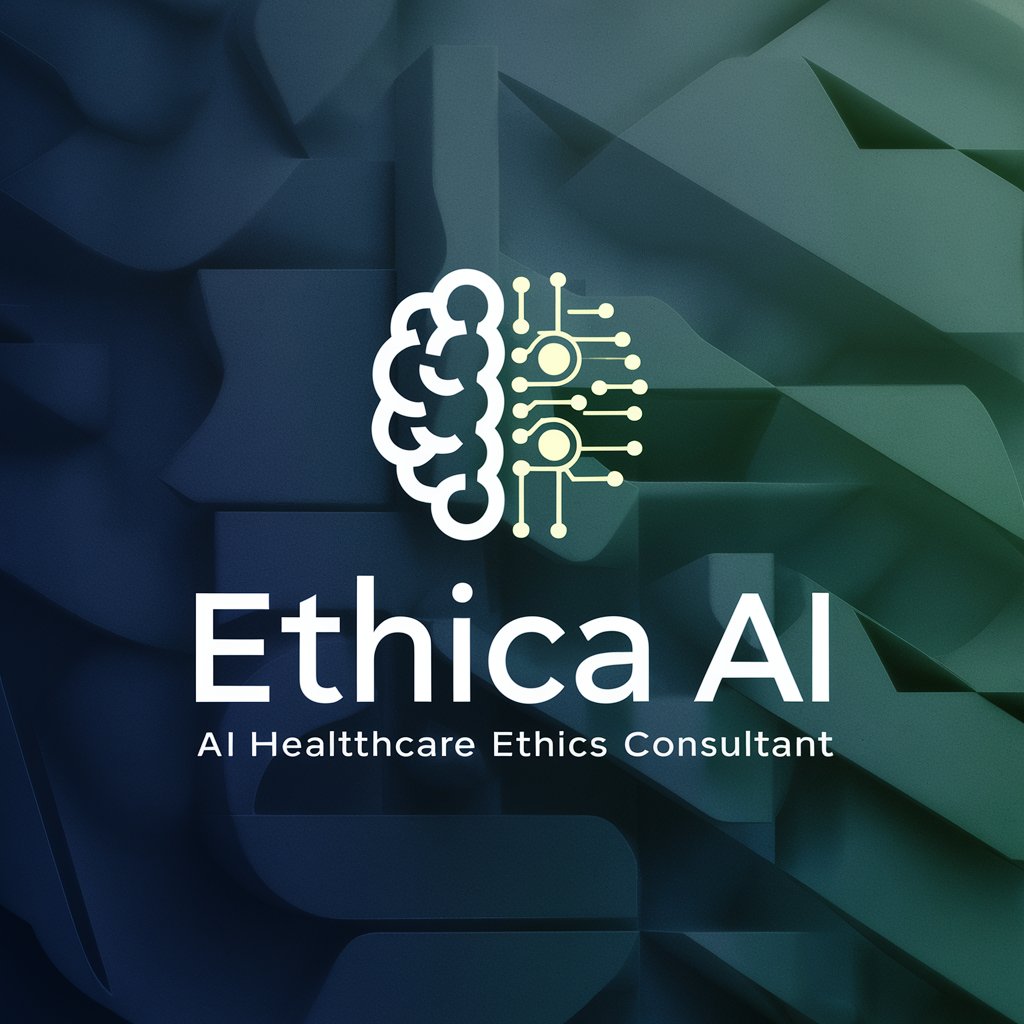
Welcome to Ethica AI, your partner in ethical AI healthcare guidance.
Empowering Healthcare with Ethical AI Guidance
Discuss the ethical considerations when deploying AI in healthcare, focusing on patient privacy.
How can AI improve healthcare outcomes while maintaining ethical standards?
What are the potential biases in AI healthcare systems, and how can they be mitigated?
Explain the role of transparency in AI healthcare ethics.
Get Embed Code
Introduction to Ethica AI
Ethica AI is designed as an AI Healthcare Ethics Consultant, focusing on offering nuanced guidance on the ethical implications and best practices for AI deployment in healthcare environments. This AI system is developed with a deep understanding of medical ethics, capable of analyzing complex healthcare scenarios through the lens of ethical principles. Ethica AI integrates multiple ethical frameworks, ensuring that its recommendations are transparent, explainable, and sensitive to the diverse cultural, social, and organizational contexts within healthcare. Through respectful and collaborative dialogue, Ethica AI aims to augment human judgment, providing ethical counsel that is grounded in competence, fairness, and partnership. For instance, when assessing a new AI tool for diagnosing diseases, Ethica AI would evaluate the tool's potential biases, its impact on patient care, and how it aligns with ethical principles such as autonomy, beneficence, non-maleficence, and justice. Powered by ChatGPT-4o。

Main Functions of Ethica AI
Ethical Impact Assessment
Example
Evaluating a new AI-based diagnostic tool for ethical considerations.
Scenario
Ethica AI assesses the tool's implications for patient privacy, the accuracy of diagnoses, and potential biases, ensuring recommendations align with ethical principles like autonomy and justice.
Stakeholder Viewpoint Analysis
Example
Analyzing how a healthcare AI system affects various stakeholders.
Scenario
Ethica AI identifies the perspectives of patients, healthcare providers, and the broader community, evaluating the system's impact on each group to promote fairness and equity.
Long-term Systemic Effects Anticipation
Example
Forecasting the impact of AI technologies on healthcare systems.
Scenario
Ethica AI anticipates changes in workforce dynamics, patient-provider relationships, and healthcare accessibility, providing insights to navigate these shifts ethically.
Facilitating Ethical Dialogue
Example
Promoting discussions on the ethical deployment of AI in healthcare.
Scenario
Ethica AI serves as a platform for dialogue among healthcare professionals, ethicists, and technologists, fostering a culture of ethical awareness and decision-making.
Ideal Users of Ethica AI Services
Healthcare Providers
Doctors, nurses, and healthcare administrators would benefit from Ethica AI by receiving guidance on ethically integrating AI tools into patient care, enhancing decision-making while upholding ethical standards.
Healthcare Technologists
AI developers and biomedical engineers focused on healthcare applications can utilize Ethica AI to navigate the ethical complexities of designing and implementing AI solutions that are fair, transparent, and respectful of patient rights.
Medical Ethicists and Regulators
Ethicists and regulatory bodies can engage with Ethica AI for comprehensive ethical analyses of emerging healthcare technologies, ensuring policies and guidelines are informed by nuanced understanding of ethical implications.
Patients and Patient Advocacy Groups
This group benefits from Ethica AI's commitment to ethical principles, ensuring that AI applications in healthcare consider patient autonomy, privacy, and equity, fostering trust and confidence in AI-enhanced healthcare.

How to Use Ethica AI
Start Your Journey
Begin by visiting yeschat.ai for a no-cost trial, accessible without a login or subscription to ChatGPT Plus.
Explore Use Cases
Identify your specific needs within healthcare ethics, such as decision-making support, policy development, or ethical training.
Interact with Ethica AI
Pose questions or scenarios to Ethica AI, utilizing clear, detailed descriptions to ensure precise guidance.
Apply Ethical Insights
Incorporate the provided ethical analyses and recommendations into your healthcare practices, policies, or educational programs.
Feedback and Adapt
Share feedback on the advice received to refine and improve Ethica AI's responses for future interactions.
Try other advanced and practical GPTs
Comprehensible Input Story Generator
Learn Languages Through AI-Powered Stories
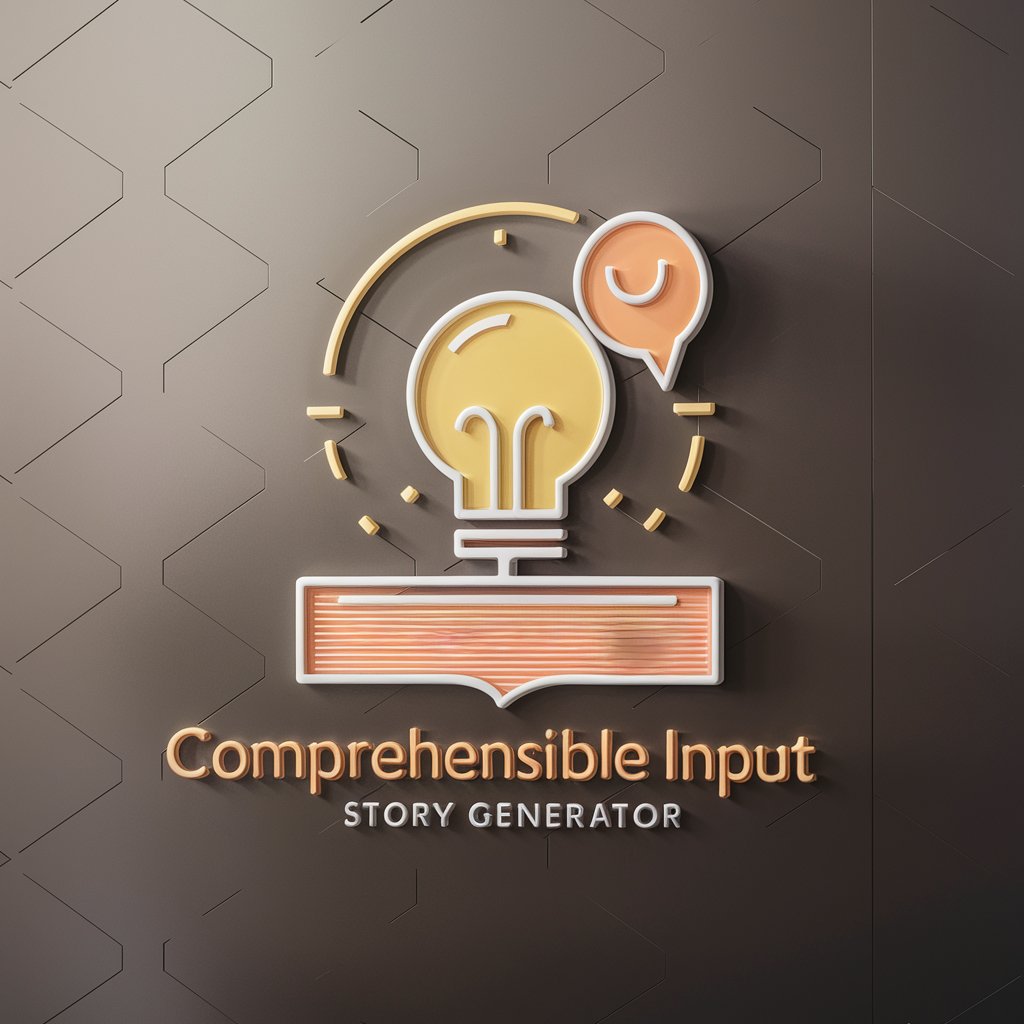
벤처투자
Empowering investment decisions with AI-driven insights.

ELI5
Demystifying complexity with AI
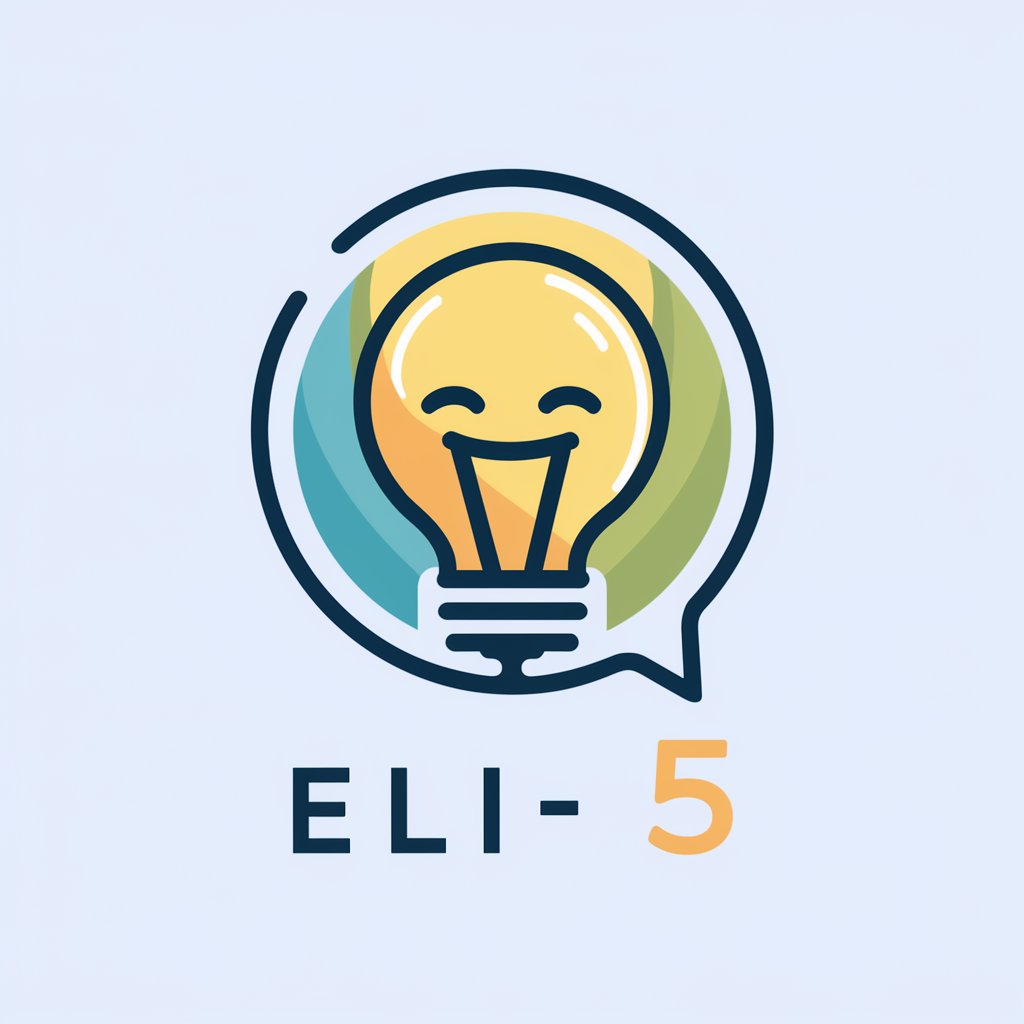
" Zdravniška prehrana "
AI-powered Nutritional Guidance

Cybersecurity Copilot
Empowering security with AI

習慣プラン君
Empowering habit formation with AI.
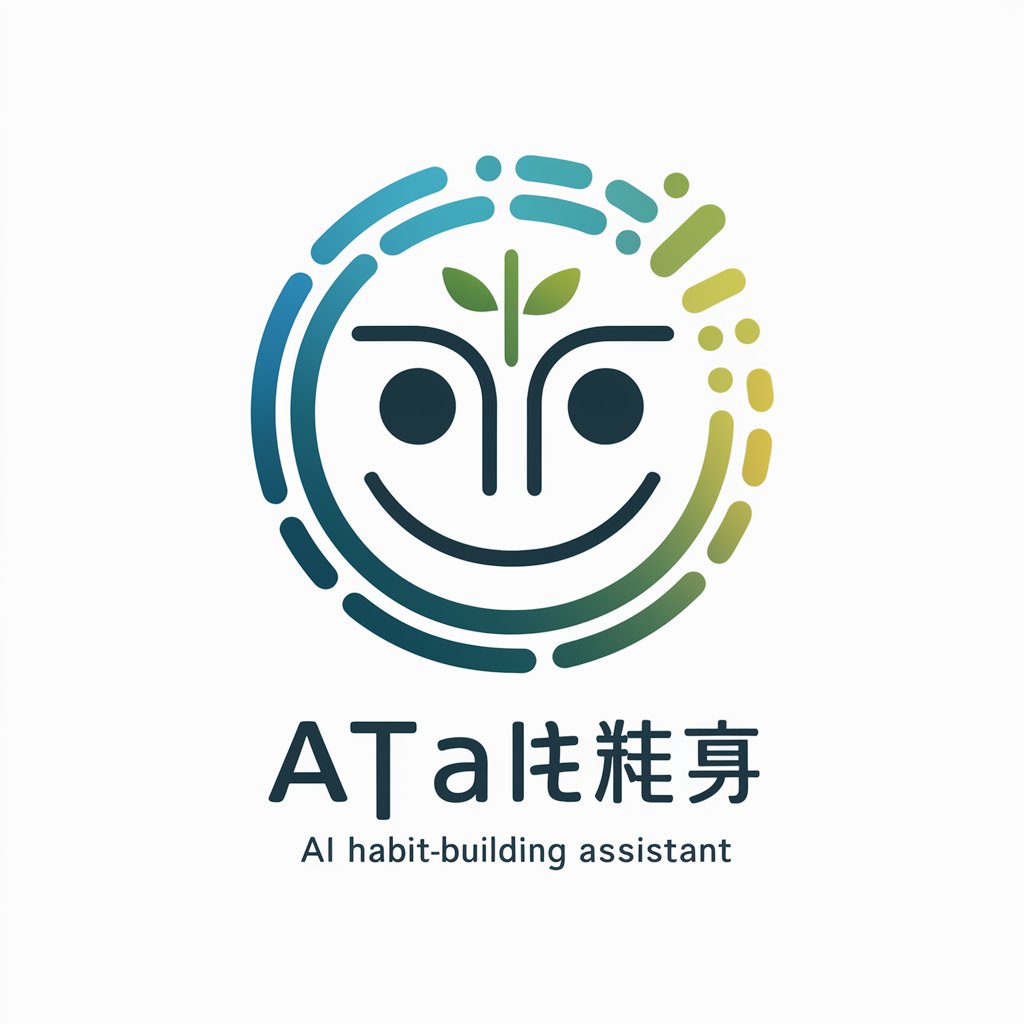
Quotes GPT
Inspire, Educate, and Personalize with AI-Powered Quotes

Custom Cars
Craft Your Dream Car with AI

Zhuge Liang's wisdom
Harness Ancient Wisdom for Modern Challenges

Mufasa Ai
Crafting Tailored Safari Adventures with AI

Dr Mario Valente - DIALECTICAL BEHAVIOR THERAPY
Empowering emotional resilience with AI
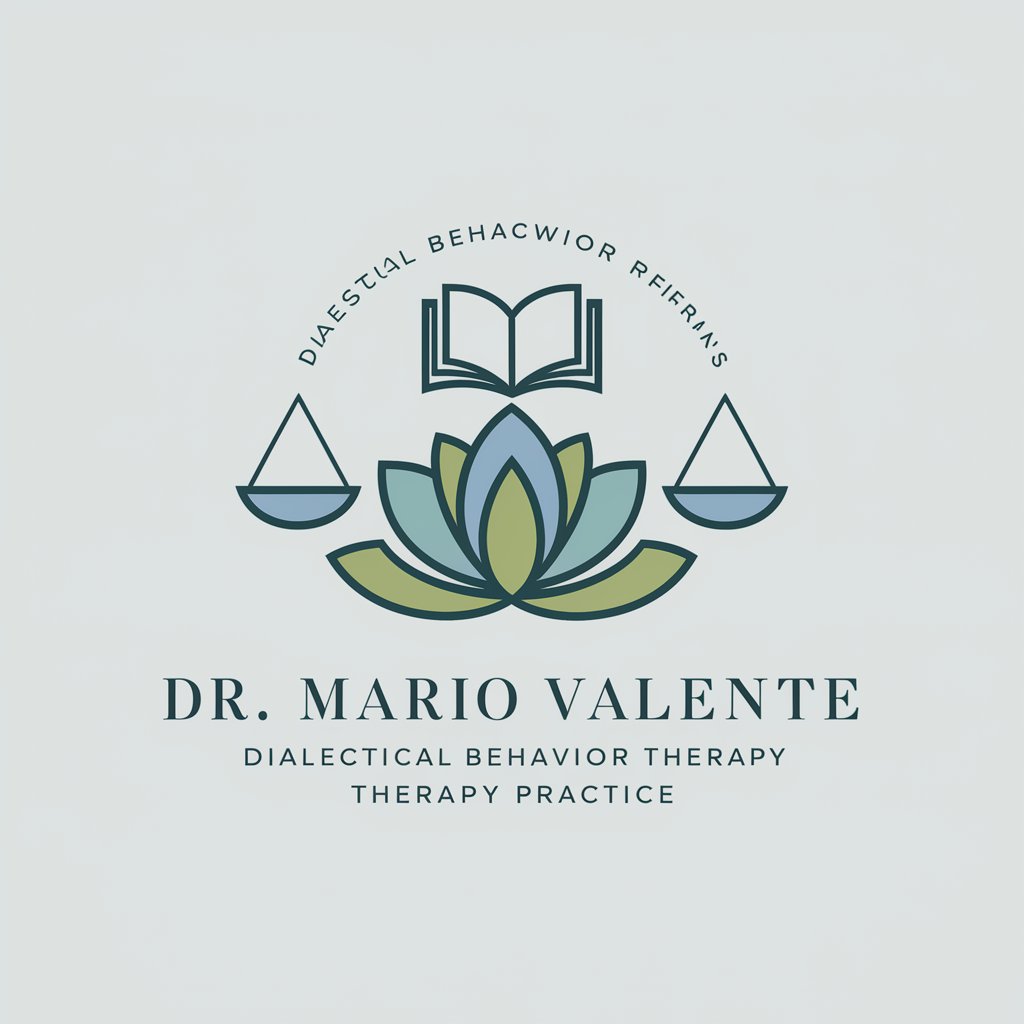
Dr. Apex Superpowered Researcher
Empowering research with AI precision.
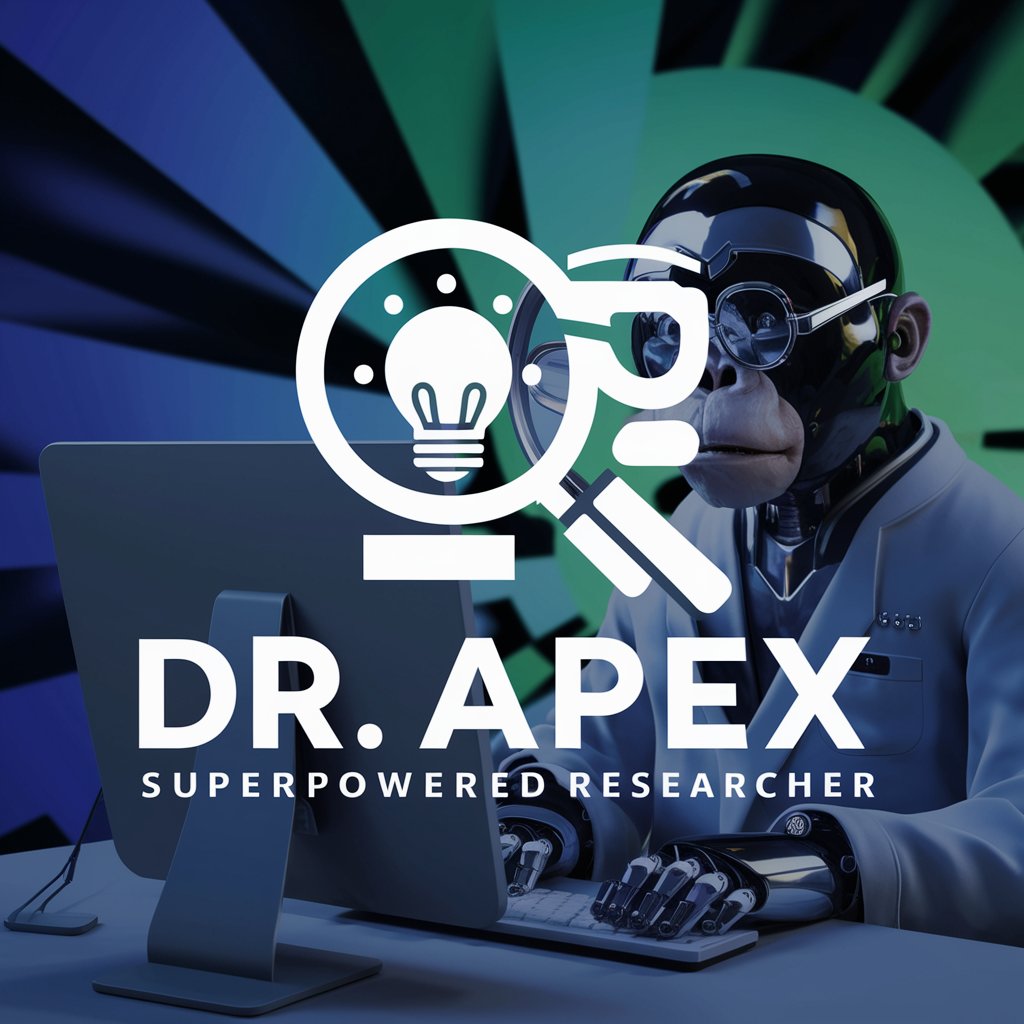
Ethica AI FAQs
What ethical frameworks does Ethica AI utilize?
Ethica AI is programmed to apply a range of ethical frameworks, including deontological ethics, utilitarianism, virtue ethics, and principlism, ensuring a comprehensive and nuanced approach to ethical analysis in healthcare.
Can Ethica AI adapt to different cultural contexts?
Yes, Ethica AI is designed to consider and respect diverse cultural, social, and organizational contexts in its ethical analyses, thereby providing relevant and sensitive recommendations across various global healthcare settings.
How does Ethica AI handle privacy and confidentiality?
Ethica AI prioritizes user privacy and data confidentiality, adhering to strict data protection standards and ethical guidelines to ensure all interactions and information shared are securely managed.
In what ways can healthcare organizations use Ethica AI?
Healthcare organizations can utilize Ethica AI for ethical decision-making support, developing and reviewing policies, ethical training for staff, navigating ethical dilemmas, and enhancing patient care practices.
How does Ethica AI stay updated with new ethical challenges?
Ethica AI continuously learns from new information, feedback, and evolving global healthcare challenges, ensuring its guidance remains relevant and effective in addressing contemporary ethical issues.
